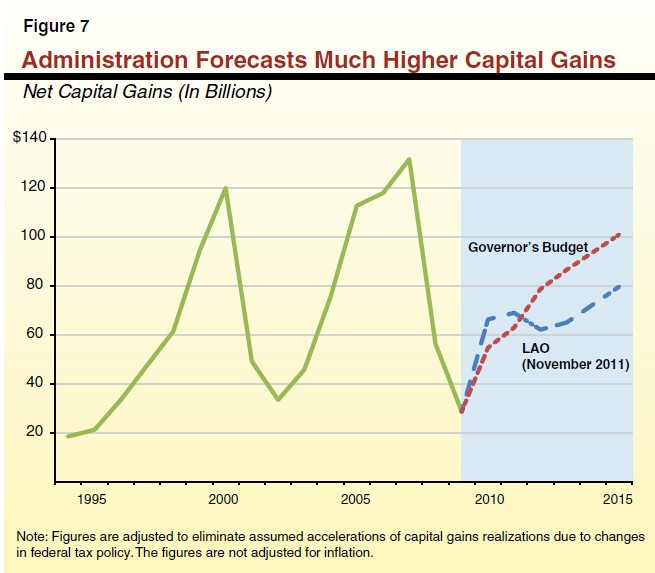Reasons for Caution in Comparing Real Estate Returns with Stocks
Post on: 5 Июль, 2015 No Comment

In a recent column in The Financial Post. Garry Marr pointed out that even in hottest bull market in real estate, stocks beat homes as an investment:
By the end of last year real estate prices had climbed about 85% over the previous decade, according to the Teranet/National Composite Bank House Price Index.
Stocks? The TSX/Composite Index has had a total return of about 141% during that period or about 9% annually. Go back 20 years and stocks still return more than 9% annually over the period.
One can sympathize with Mr. Marrs intention to provide a counterpoint to the constant rah-rahs from the real estate industry (As a matter of fact, many years back, I wrote a very similar post in response to industry claims that real estate beat stocks here). However, Mr. Marr is incorrect in comparing home prices with stocks. Heres why:
The total return from stocks includes the change in price level of the TSX index from 6,614 in 2003 to 12,433 in 2012. Thats a gain of 88 percent. The rest of the gains came from reinvested dividends (The TSX Composite yields about 3 percent per year). The return from housing was measured solely as the increase in the level of the Teranet National Bank National Composite House Price Index and does not account for rental income from a property. It is true that owning a home entails expenses such as property taxes and maintenance but even in frothy markets like the present one, housing typically will have a positive yield net of expenses but excluding the cost of financing. Therefore the column presents an incorrect picture by comparing total returns from stocks with just the increase in price level of real estate.
Even if it turns out that stocks beat out real estate over the past decade, it still does not mean anything unless one takes risk into account. After all, if stocks beat bonds in most time periods, investors would hardly express surprise because stocks are riskier than bonds. The TSX Composite annualized returns had a standard deviation (a measure of riskiness of stocks) of 19.53% in the 2003 to 2012 period. The Teranet / National Bank National Housing Price Index, on the other hand, showed a standard deviation of just 2.6% during the same time period (assuming I did the calculations correctly with the information available from housepriceindex.ca ). If real estate is less risky than stocks, one would expect real estate to have lower returns as well.














